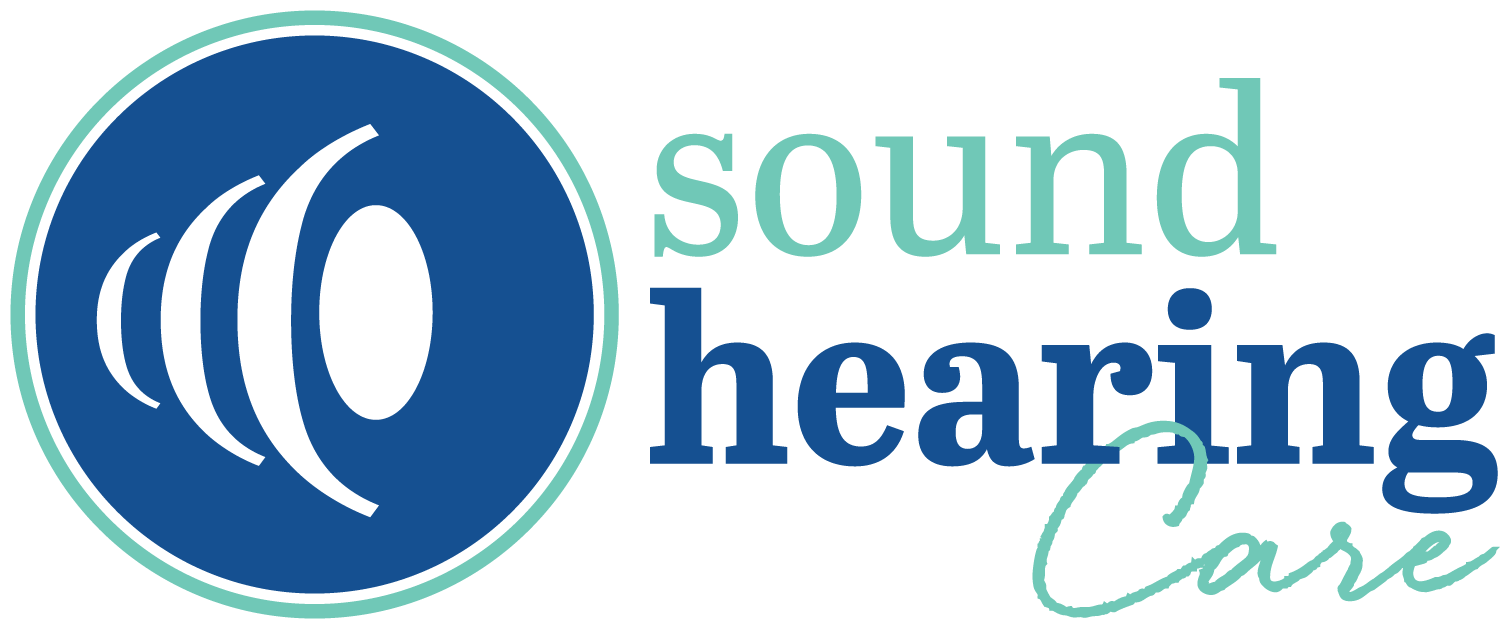Why Are My Hearing Aids Whistling?
Hearing aids can occasionally whistle, just like your phone can when it's too close to another device that sends out a signal (such as a radio). This whistling is called hearing aid feedback and can be frustrating and embarrassing because it can happen at any time or anywhere. However, if you know what causes it and what to do about it, then you can help prevent it or resolve it fast.
Hearing Aid Feedback and How It Happens
Hearing aid feedback happens when a sound that should have gone into your ear leaves and transfers back into the hearing aid microphone. The sound gets louder than before and causes your hearing aid to whistle. The whistling can happen at any time and for any reason. It's been known to happen first thing in the morning when you put your hearing aids in or in the evening when you take them out. It can even happen when someone gives you a hug! The whistling isn't anything to be alarmed about, and it's perfectly normal. This is the way hearing aids can react to different sounds in your surroundings.
If your hearing aids seem to be whistling more than usual, it can also indicate that something is wrong or they are dirty and need to be cleaned. If this is the case, then it's essential to take them to your hearing care professional immediately to have them examined.
Why do my hearing aids whistle, and how can I fix it?
Most hearing aids come with a feedback cancellation option, but this won't always prevent hearing aid feedback from happening.
Here are some of the most common reasons why hearing aids whistle and how you can fix it:
Not the right fit - Even if your hearing aids were a perfect fit when you first received them, over time, they might have loosened in your ears because our ears change.They can even change shape! If they no longer fit properly, then the earmold will be loose, and sound will escape. To fix this, you should get new earmolds fit to your current ear. If you have recently lost or gained weight, this can also cause your ears to change shape and size. You always want to make sure that your hearing aids are sitting nice and tight in your ear, and if they aren't, then you should make an appointment to see your hearing care professional.
Increased volume - While specific environments require you to turn the volume up on your hearing aids, but at certain times this can also cause your hearing aids to whistle. If the sound is so loud then it will cause it to escape your ear and enter back into the hearing aid microphone. Avoid this by making sure your volume isn't too loud.
Broken tubing - There are times when the tube that connects to the earmold can harden or shrink, and then it can pull on the earmold, and it won’t be snug in your ear anymore. To fix this visit your hearing care professional to get a new tube.
Excessive earwax - Your hearing aids can't help you if your ear canal is blocked by too much earwax. A blocked ear canal will prevent the sound from getting through, and it will bounce back into your hearing aids, and it will start to whistle. A blocked ear canal due to too much earwax can also cause earaches and can damage your hearing further. If you suspect you have too much earwax, then get your ears cleaned by a professional instead of trying to clean them yourself (which can cause damage as well!).
Dislodged microphones -A loose or displaced microphone in your hearing aid can also cause feedback. The only way to fix this is by having your hearing care professional examine your hearing aids, which is why we recommend visiting Sound Hearing Care at least once a year to have your hearing aids professionally tuned and cleaned.
If your hearing aids are whistling more than usual, make an appointment to see us at one of our four convenient locations in Simpsonville, Greer, Travelers Rest, and Greenville. We are always available to help you with hearing aid adjustments.




